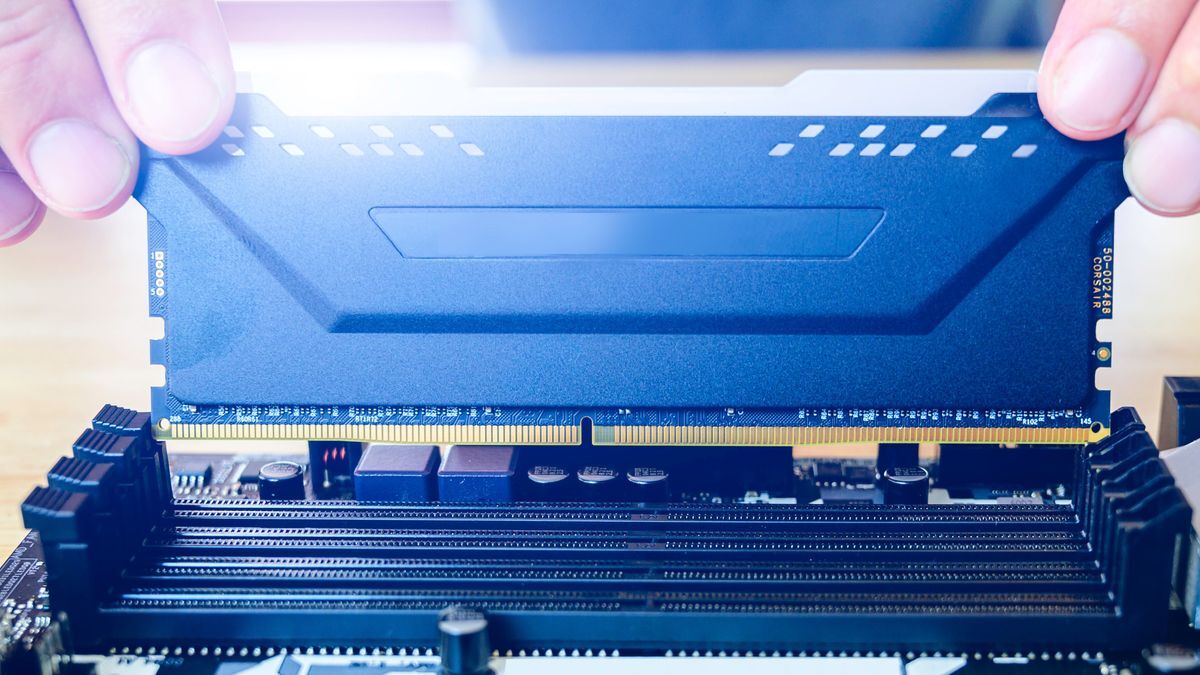Cool, but why?
Enterprise server use mainly, to minimize downtime, which is a huge deal there. On the consumer level it doesn’t have much purpose.
Meanwhile, Windows requires you to buy a new license if you change your mouse.
That’s not entirely true. You can get a universal mouse license that will cover up to twenty approved mouse changes.
I don’t understand how this is an advantage. Yes, you can swap RAM with the system powered up, but what happens to the information in the module that was removed? Is the OS doing some kind of RAID-like memory allocation? The article wasn’t clear on how this would actually work.
Servers have had memory mirroring as a feature for years. This seems like a cool extension of that technology. It would be an advantage in some systems where scaling out isn’t an option and single node availability needs to be as high as possible.
Apparently, there’s some coordination mechanism, where you tell the OS that you want to remove a certain memory stick, so it moves all the memory onto other RAM sticks (or uses paging to move it to your hard drive). Only then would you actually physically unplug the memory stick.
See, for example: https://docs.kernel.org/admin-guide/mm/memory-hotplug.html
(Mind that this is kernel documentation. If you actually want to do this, there’s probably some CLI program to make it easier.)
Excellent! Hot swap all the things!!!
FInally, Banjo Tooie on PC






